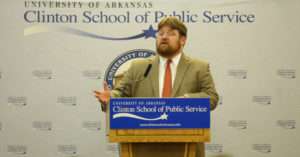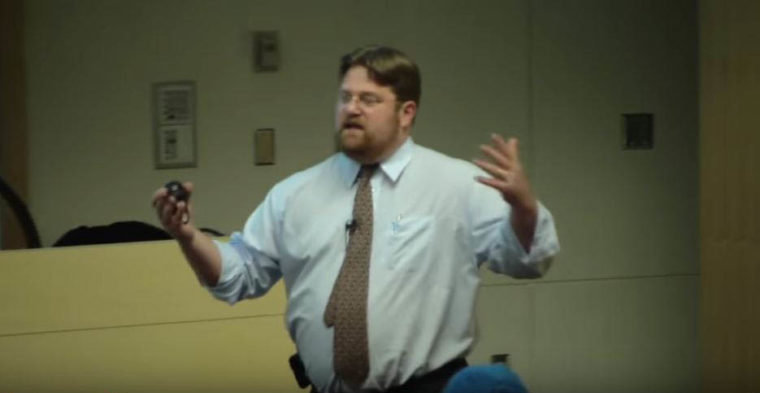An Essay Addressing Philosophers, Parents, Teachers, and Educational Policymakers
 It takes a village. Raising children takes all hands on deck, including parents or guardians, teachers, administrators, and educational policymakers. This paper examines common philosophical norms relevant to each of these groups. The norms include the idea of wanting a better future for our children than we had; the idea that human beings are rational animals; and that the unexamined life is not worth living. What does that mean for parents, teachers, administrators, and policymakers when our children are intellectually or communicatively impaired?
It takes a village. Raising children takes all hands on deck, including parents or guardians, teachers, administrators, and educational policymakers. This paper examines common philosophical norms relevant to each of these groups. The norms include the idea of wanting a better future for our children than we had; the idea that human beings are rational animals; and that the unexamined life is not worth living. What does that mean for parents, teachers, administrators, and policymakers when our children are intellectually or communicatively impaired?
WARNING: At least for me, rereading this paper inspired an emotional response. The stoicism called for in the paper is intended to help ease emotional reactions, but the fact of such a need for some readers (and others have let me know that they have shared such a reaction) is itself worth noting in advance.
We think of the norms I have mentioned as cultural. Philosopher John Dewey saw philosophy as the critique of culture, essentially as thinking about thinking. How we think plays a powerful role in how we treat people and how we educate ourselves and others. In this context, this paper examines one of the difficult contexts for education and the raising of children. And, I offer my own and my family’s experience for consideration, bringing philosophical ideas to bear on tough moments, decisions, and questions.
I first presented a draft of this essay at the annual meeting of the eastern division of the American Philosophical Association in January of 2019. It has just now been published in Disability and American Philosophies, edited by Nate Whelan-Jackson and Daniel J. Brunson in January of 2022 with Routledge Press of London.
It may be worth noting that in 2019 I was still married, something no longer true now, in 2022, when the essay has finally been released in print.
I agreed to publish this article with the understanding that I would have permission to share the essay in this way. You can download a copy of the essay in PDF format here or by clicking on the Adobe image above in this post.
Last, but not least, I have generated a computer-created text-to-speech recording of the essay. If I had more time, I would record myself reading the essay. The following recording took me only a few minutes to generate, by contrast to over an hour or more of work to record it myself. For the sake of accessibility, and at a friend’s request, I generated this audio file, which can be listed to if that is preferred over reading the text. I did not include the notes or bibliography section in the audio file.
Citation: Weber, Eric Thomas, “Stoic Pragmatism for Parenting a Child with Disabilities: An Essay Addressing Philosophers, Parents, Teachers, and Educational Policymakers,” Chapter 11 in Disability and American Philosophies, Edited by Nate Whelan-Jackson and Daniel J. Brunson (London: Routledge, 2022), 182-198.
The post Stoic Pragmatism for Parenting a Child with Disabilities first appeared on Eric Thomas Weber.












